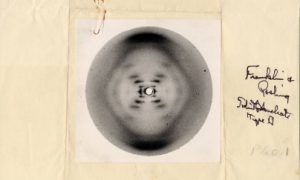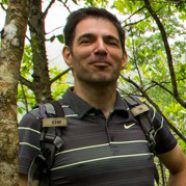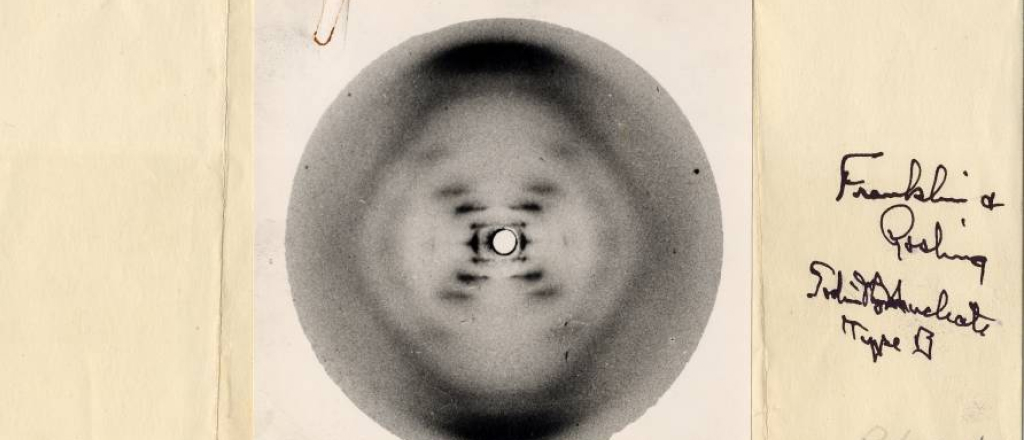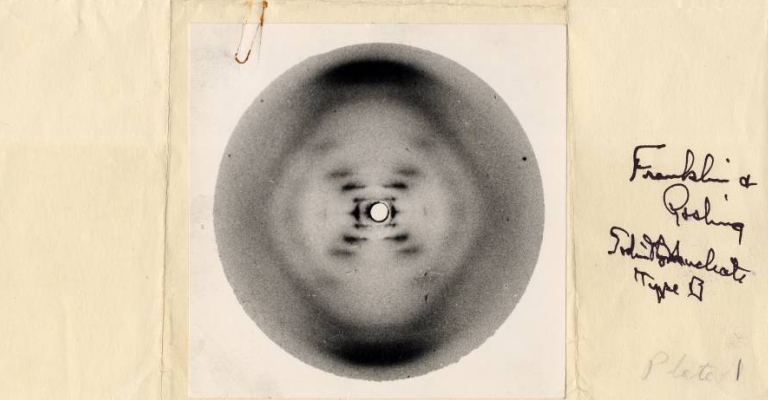SCIENTIFIC INQUIRY 1: YEAR 1; SCIENTIFIC INQUIRY 2: YEAR 2

Science is often thought of as a collection of “facts” about our world. In reality, our understanding of the world has progressed to an extent that is “asymptotically true”. These two courses examine how we arrive at our understanding of the world. They ask, “What do we know?” and “How do we know that?” Over this two-semester sequence, the goal is not to acquire specialised knowledge or expertise in a particular scientific field, but rather to develop an appreciation for how scientists address questions in the real world.
Course Information
Scientific Inquiry 1 considers how scientists try to answer questions by looking into a well-established topic: evolution. Students explore biological evolution using evidence ranging from fossils to the recent revolution in genetics. How scientists address the idea of evolution and the related idea of natural selection highlights fundamental differences between science and other ways of knowing. Although evolution is well-supported scientifically, it is still doubted by a large fraction of humanity. In this course, we approach the topic as a scientist would — identifying and interpreting the relevant evidence through a scientific lens.
Sample Reading List
- 19th century evidence for evolution and scientific thought
- Natural selection: Mechanism and plausibility in science
- Coyne, J.A. (2010), Why Evolution is True
- DNA as molecule of inheritance
- Watson, J. D., Crick, F. H. C. (1953), ‘A structure for Deoxyribose Nucleic Acid’. Nature, 171 (4356): 737–738
- Genetic algorithms and evolution
- Bergstrom, C.T., Dugatkin, L.A. (2016)
- Who are we? Human history through the lens of fossils and ancient genomes
- Reich, D. (2019), Who We Are and How We Got Here: Ancient DNA and the New Science of the Human Past
- What is the history of everyone you know? Migration, sub-populations, and the stories in our DNA
- Human evolution, and modern genomics
- Zimmer, C. and Emlen, D.J. (2019), Evolution: Making Sense of Life
Course Information
Scientific Inquiry 2 aims to develop a deeper appreciation of scientific approaches by exploring a controversial field of science. The current focus is on climate change and, specifically, how we know the causes and impacts of global climate change. We study this question not only because it is vitally important for humanity, but also because to answer it, scientists must draw on evidence and methods from many different fields. The topic also provides a clear example of how science can inform social practices and government policies.
Sample Reading List
- Engaging with scientific results
- Jarman, K. H. (2013), ‘When the Zombie Flu Went Viral: Regressing the Myth Out of Urban Myths,’ In The Art of Data Analysis
- How and what do scientists know about climate change; Introduction to modes of inquiry in science
- McCarty, J.P. (2001), ‘Ecological Consequences of Recent Climate Change’. Conservation Biology, 15: 320-331. https://doi.org/10.1046/j.1523-1739.2001.015002320.x
- Algar, A.C., Tarr, S, ‘Fossils, phylogenies and the evolving climate niche’. Nat Ecol Evol 2, 414–415 (2018). https://doi.org/10.1038/s41559-018-0480-z
- Antarctica case study
- Convey, P, ‘Antarctic terrestrial biodiversity in a changing world’. Polar Biol 34, 1629 (2011). https://doi.org/10.1007/s00300-011-1068-0
Featured Teaching Faculty

Christopher L Asplund
Social Sciences (Psychology)
Associate Professor
Georgette Chen Fellow
Head of Studies, Psychology






Ng Hui Khoon
Science (Physics)
Associate Professor
Director, Division of Science
Head of Studies, Physical Sciences






Contributing Faculty
- Charles Bailyn
- Jeremy Kua
- Brian McAdoo
- Antonia Monteiro
- William Piel
- Matthew Stamps
- Marty Weissman




